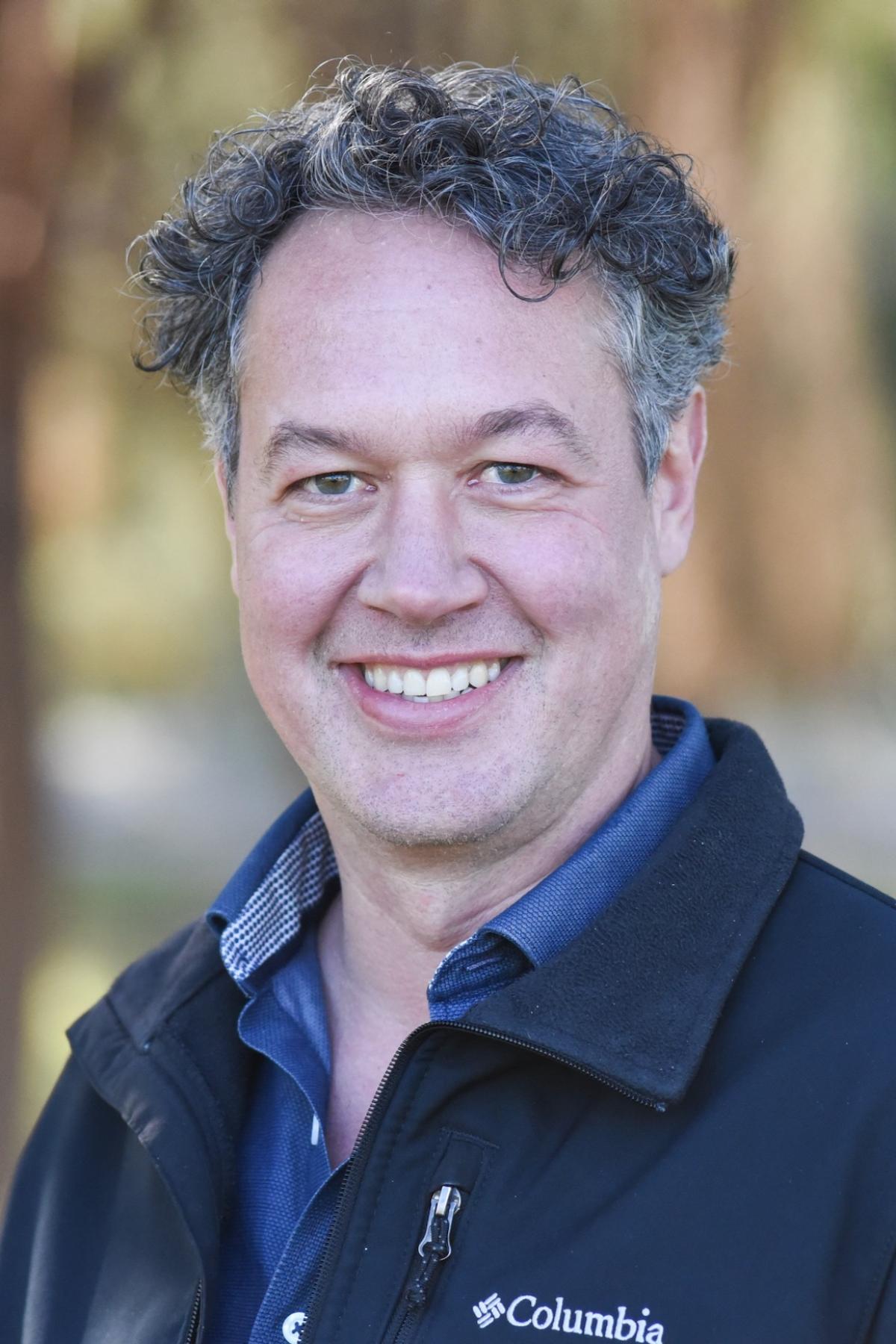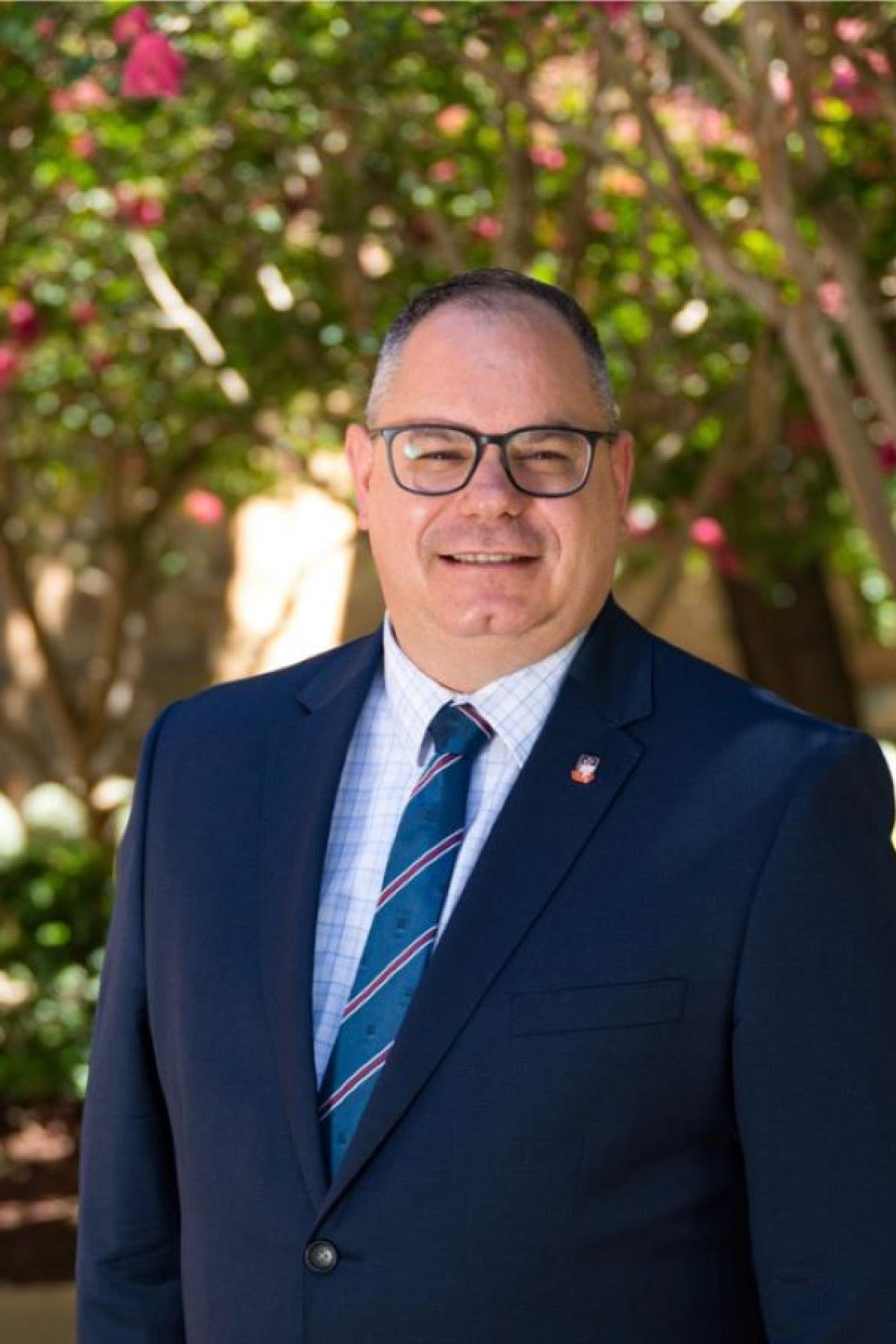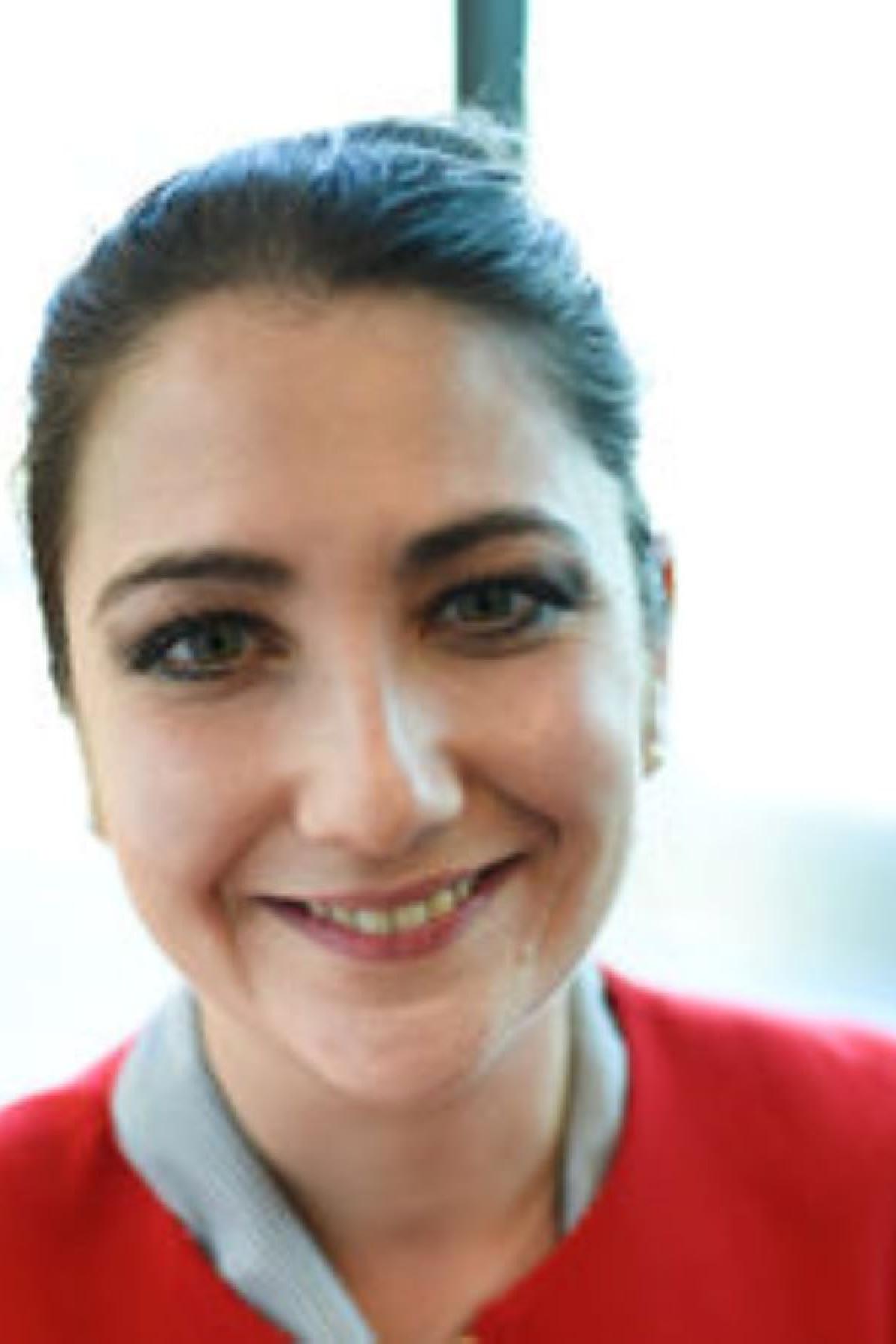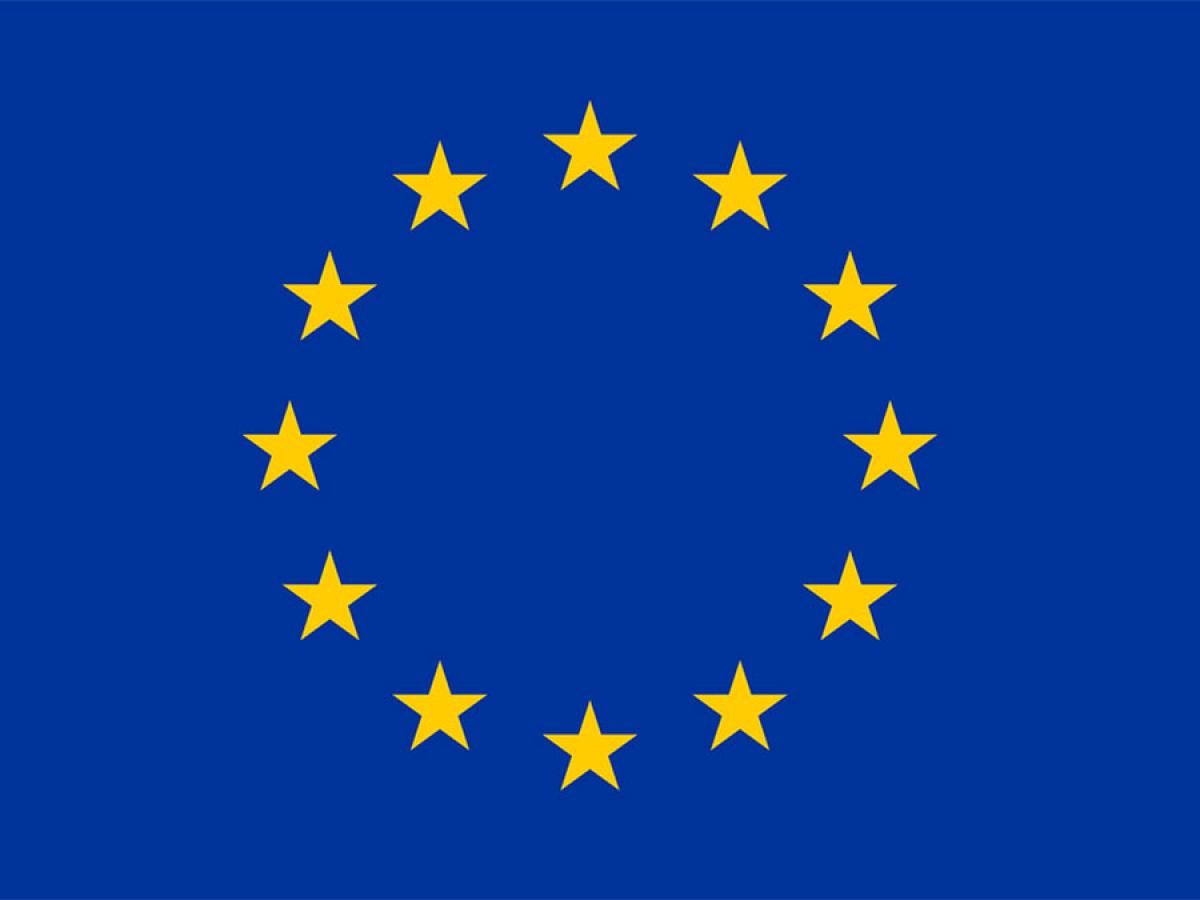Jean Monnet Centre of Excellence in Trade & Environment
Funded under the European Union Erasmus Plus Program, the Jean Monnet Centre of Excellence in Trade & Environment gathers leading academics from across The University of Adelaide with expertise in European Studies, including international trade, environment, business, entrepreneurship, and international relations to create a focal point of competence and knowledge on the European Union in the context of trade and environment.
This innovative centre leverages existing expertise, activities, and networks across the institution to conduct cutting-edge research that seeks to understand and inform the development of environmentally friendly trade and investment policy across the European Union and Asia Pacific. The Centre’s trans-disciplinary approach enables coverage of a wide variety of regulatory issues related to trade and environment and development of research resources and capabilities with broad relevance and application across the institution and beyond campus. Specific objectives include:
- Promoting research excellence in the field of EU studies
- Fostering dialogue between the academic world and society
- Generating knowledge and insights in support of EU policymaking and strengthening the role of the EU within a globalised world
- Reaching out to a wider public and spreading knowledge about the EU to wider society through the implementation of a suite of coherent and strategic research and outreach activities
Jean Monnet Centre Director: Peter Draper
Jean Monnet Centre Coordinator: Sarah Warner
CALL FOR PAPERS - ROUND 2 2025 AWARDEES
Funded by the Erasmus+ Programme of the European Union, The Jean Monnet Centre of Excellence in Trade & Environment is offering a grant, awarded on a competitive basis, for research papers exploring the linkages between trade and environment.
Grantees will be eligible for a payment of up to AUD 7,500. The winning papers will be officially announced through the Institute for International Trade’s (IIT) dissemination channels and posted to the COE’s website.
Themes and topics
The main theme for this round is the rapidly evolving international context shaped by revised US trade policies under President Trump, intensifying competition for critical minerals, and the growing influence of the “green premium” on low-carbon and sustainably produced goods. This broad theme spans multiple disciplines—from international political economy, economics, and law, to business. Contributions from a variety of fields are welcome.
Partners & Steering Committee
-
Prof Andrew Lowe - The University of Adelaide

Professor Andrew Lowe, Interim Director, Environment Institute, The University of Adelaide
Andrew is a dynamic and innovative research leader with over 10 years senior experience in university, government, start-up industry and community sectors. He brings high energy and instils infectious enthusiasm into teams and groups he engages with.
Currently Andrew is Director of Food Innovation, a University-wide role reporting to the DVCR, that brings together expertise in research and teaching across faculties, institutes and schools to coordinate and provide a single entry point for the significant food industry and government sectors across South Australia, and internationally. Andrew is also Deputy Dean – Partnerships and Collaboration in the Faculty of Science, and has overseen the submission of several multi-million dollar contracts for state and federal funding, he has coordinated early and mid-career mentoring programs to build and sustain meaningful partnerships between university and external stakeholders. Andrew has also served in executive positions in the government sector, including Director of the South Australian Museum (2013-2014), and Head of Science within the South Australian Department of Environment, Water and Natural Resoruces (2006-2012).
-
Prof Michael Goodsite - The University of Adelaide

Pro Vice-Chancellor (Energy Futures), Institute for Sustainability, Energy and Resources, Division of Research and Innovation
Professor Michael Evan Goodsite is the foundation Pro Vice-Chancellor (Energy Futures) and holds the complementary role of Director of The Institute for Sustainability, Energy and Resources (ISER). His role is to consolidate the University’s position in renewable energy technologies and sustainability and to help position the University for a leadership role as the State and nation transition to a different energy future.
He helps coordinate relevant University research activities across the Faculties, as well as with strategic external research partners and represents the University in relation to sustainability and energy futures at all levels of Government and industry.
In addition, Professor Goodsite leads the implementation and evolution of the University’s FAME Sustainability Strategy and has, where appropriate, oversight of the University’s sustainability initiatives on behalf of the Vice-Chancellor and the Deputy Vice-Chancellor (Research).
-
Prof Emeritus Michael Young - The University of Adelaide

School of Economics and Public Policy, Faculty of Arts, Business, Law and Economics
Mike Young holds a Research Chair in Energy, Water and Environmental the University of Adelaide and was the Founding Executive Director of the University of Adelaide’s Environment Institute. He is a fellow of the Academy of Social Sciences in Australia, and is a Distinguished Fellow of the Australian Agricultural and Resource Economics Society.
As a result of an Australian Government endowment, each year Harvard University appoints one person to the Whitlam and Malcolm Fraser Chair in Australian Studies at Harvard University. In recognition of his contribution to the development of water policy in Australia, Mike was appointed to this Chair at Harvard University for the 2013/14 academic year. While at Harvard, he taught a course on transformational environmental policy reform. An Earthscan book on this topic is nearing completion.
-
Lisa McAuley - CEO Global Trade Professionals Alliance (GTPA)

CEO,Global Trade Professionals Alliance
The Global Trade Professionals Alliance (GTPA) is an organisation that cultivates international standards within the industry. The aim is to create a trade environment that is both inclusive and trusted by all.
GTPA is an established domestic non-profit corporation to offer a series of solutions to assist international trading businesses to assess and diagnose their capability gaps, access up-skilling solutions, be internationally recognised as capable and trusted traders and join global business support networks.Lisa has worked in international trade for over 15 years, most recently as CEO of the ECA has seen the organisation focus on ground-breaking research and advocacy projects that promote and enhance the global competitiveness of SMEs. Lisa lends her passion for international trade and her respected voice in the industry to various initiatives, from an advisory role on the AmCham Trade Advisory Group, to the board of CargoHound and the Executive Director of the Global Trade Professionals Alliance (GTPA). She has extensive experience across Asia, Europe, and North America, and in several multilateral forums.
Updates
17 Dec
(In search of) The green premium: transaction level evidence of the sustainability advantage
WORKING PAPER 25 This paper examines whether environmentally sustainable products earn a green premium in international trade and how patent protection shapes this outcome. Using transaction-level export data for Italian firms matched with patent information from 2005–2019, the authors show that unpatented green products face market constraints: higher prices are offset by lower export volumes. In contrast, green products backed by patent protection achieve higher quantities and export values. The findings demonstrate that innovation enables firms to convert environmental attributes into stronger export performance. 12 Dec
Export restrictions and trade in critical mineral green products for clean energy transition
WORKING PAPER 24 28 Oct WORKING PAPER 23: 15 Oct Wednesday 1st October, 2025 With COP30’s Action Agenda placing “Transitioning Energy, Industry and Transport” at centre stage, secure Australia-to-EU flows of critical minerals are vital to Europe’s net-zero rollout. The EU is deploying its Green Deal Industrial Plan, Net-Zero Industry Act and forthcoming Critical Raw Materials Act to meet surging demand, while Australia seeks to convert geological advantage into low-carbon value chains.
Our latest IIT Working Paper quantifies the economic impacts of export restrictions targeted at critical minerals trade. Costs are high, posing serious challenges to the global green transition. Global cooperation to address these mounting barriers is needed more than ever.
Critical minerals now sit at the centre of EU trade discourse, where global sustainability goals, competitiveness, and supply-chain vulnerabilities intersect. The paper applies discursive institutionalism and introduces “framing hybridisation” to explain how the EU’s narrative evolved through external shocks, agency shifts, and stakeholder engagement. Using co-occurrence analysis and time-series mapping of DG Trade communications (1989–2025), it identifies a three-phase trajectory: an initial economic frame (liberalisation/competitiveness), a subsequent environmental frame (mining practices and the green transition), and, most recently, a security frame (reducing strategic dependencies and strengthening supply-chain resilience). Since 2020, these frames increasingly appear together, signalling a broader shift in EU trade policy under conditions of global uncertainty.

Funded by the European Union.
Views and opinions expressed are however those of the author(s) only and do not necessarily reflect those of the European Union or the European Education and Culture Executive Agency (EACEA). Neither the European Union nor EACEA can be held responsible for them.
